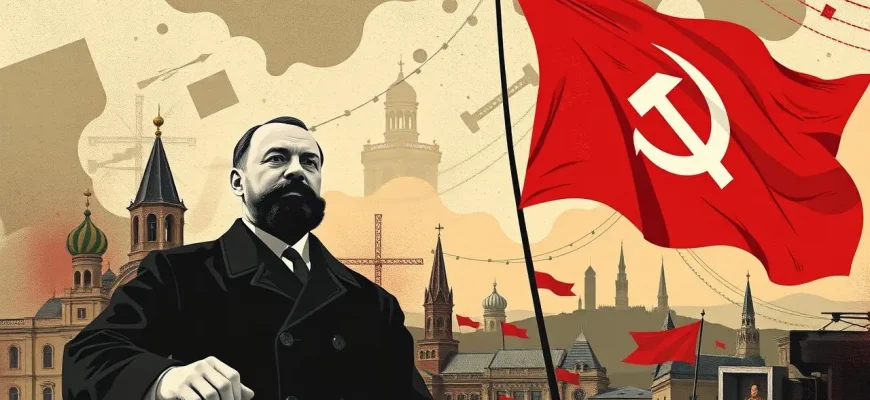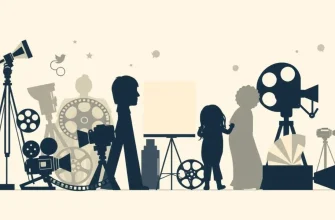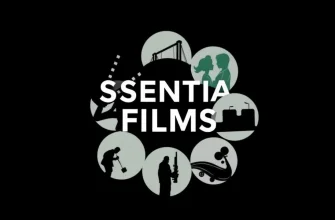- Battleship Potemkin (1925)
- Doctor Zhivago (1965)
- The Ascent (1977)
- Reds (1981)
- October: Ten Days That Shook the World (1928)
- The Extraordinary Adventures of Mr. West in the Land of the Bolsheviks (1924)
- The End of St. Petersburg (1927)
- The Fall of Berlin (1950)
- The Iron Flood (1967)
- The Return of Maxim (1937)
This collection of films delves into the tumultuous era of the Bolshevik Revolution and its aftermath, offering viewers a window into the ideological, political, and personal struggles of the time. These films not only entertain but also educate, providing a nuanced look at one of the most transformative periods in history. Whether you're a history enthusiast, a film lover, or simply curious about this epoch, these selections provide a rich tapestry of stories that reflect the complexities of the Bolshevik movement.
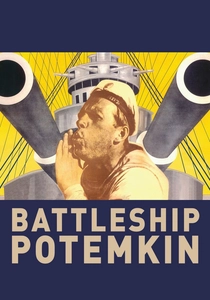
Battleship Potemkin (1925)
Description: While not directly about the Bolsheviks, this film by Eisenstein depicts the 1905 mutiny, which was a precursor to the 1917 revolution, showing the seeds of discontent that would later flourish.
Fact: The "Odessa Steps" sequence is one of the most famous scenes in film history.
 Watch Now
Watch Now
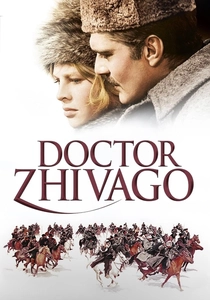
Doctor Zhivago (1965)
Description: Although primarily a love story, the backdrop of the Russian Revolution and the rise of Bolshevism are integral to the plot, showing the impact of political upheaval on personal lives.
Fact: The film was banned in the Soviet Union until 1994 due to its portrayal of the revolution.
 Watch Now
Watch Now

The Ascent (1977)
Description: While set during World War II, the film explores themes of betrayal and sacrifice, reflecting the ideological conflicts within the Soviet Union during the Bolshevik era.
Fact: It won the Golden Prize at the 10th Moscow International Film Festival.
 Watch Now
Watch Now
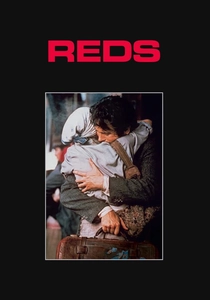
Reds (1981)
Description: Warren Beatty's epic drama captures the life of John Reed, an American journalist who became deeply involved with the Bolsheviks. The film provides a personal perspective on the revolution through the eyes of an outsider.
Fact: The film won three Academy Awards, including Best Director for Beatty. It also features interviews with real-life figures who knew Reed.
 Watch Now
Watch Now
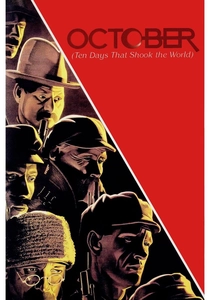
October: Ten Days That Shook the World (1928)
Description: Sergei Eisenstein's masterpiece recreates the events leading up to and including the October Revolution, emphasizing the role of the masses in the overthrow of the Provisional Government.
Fact: The film was commissioned to celebrate the 10th anniversary of the revolution.
 Watch Now
Watch Now
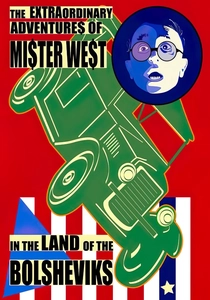
The Extraordinary Adventures of Mr. West in the Land of the Bolsheviks (1924)
Description: A satirical comedy that portrays the Western view of Bolshevism through the misadventures of an American in Soviet Russia.
Fact: This film was one of the first Soviet comedies to be shown in the West.
 30 Days Free
30 Days Free
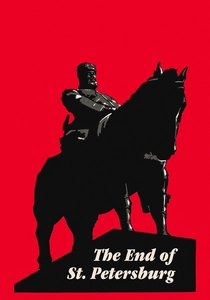
The End of St. Petersburg (1927)
Description: This silent film by Vsevolod Pudovkin is a classic piece of Soviet propaganda, showcasing the transformation of a peasant into a revolutionary during the October Revolution.
Fact: It was one of the first films to use montage techniques to convey political messages.
 30 Days Free
30 Days Free

The Fall of Berlin (1950)
Description: A Soviet epic that glorifies the Red Army's role in defeating the Nazis, with scenes depicting the Bolshevik spirit and the ideological drive behind the Soviet war effort.
Fact: The film was criticized for its portrayal of Stalin as a near-mythical figure.
 30 Days Free
30 Days Free

The Iron Flood (1967)
Description: This film, based on Alexander Serafimovich's novel, focuses on the Red Army's defense of Tsaritsyn (now Volgograd) during the Russian Civil War, showcasing the Bolshevik resolve.
Fact: It was one of the few Soviet films to receive international acclaim during the Cold War.
 30 Days Free
30 Days Free

The Return of Maxim (1937)
Description: Part of the Maxim Trilogy, this film follows the life of a worker turned revolutionary, offering insights into the Bolshevik movement's grassroots support.
Fact: The trilogy was instrumental in shaping Soviet cinema's portrayal of the working class.
 30 Days Free
30 Days Free

